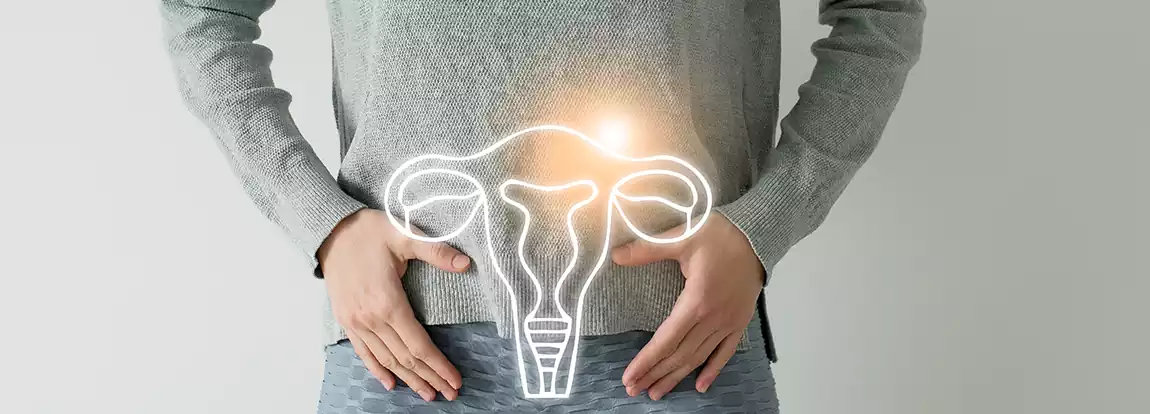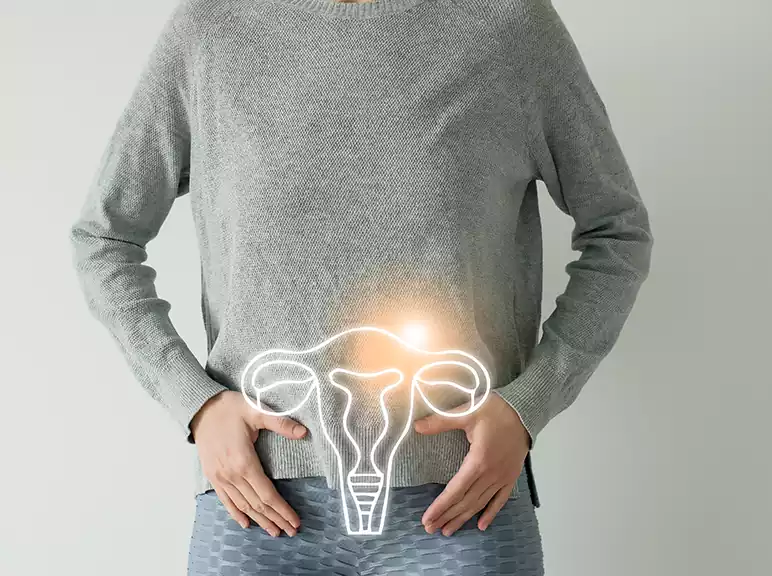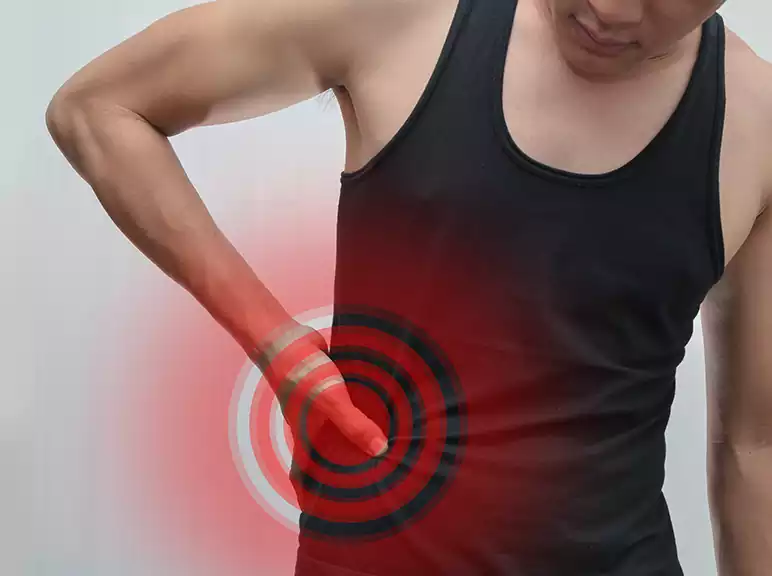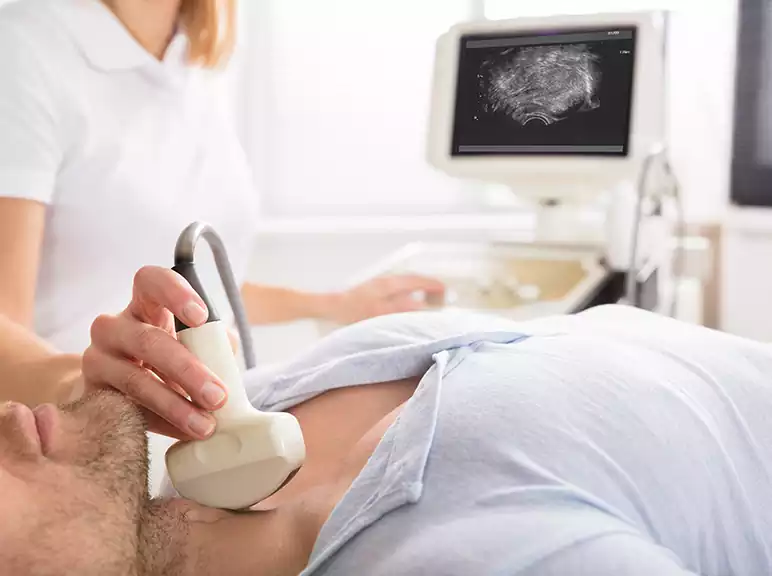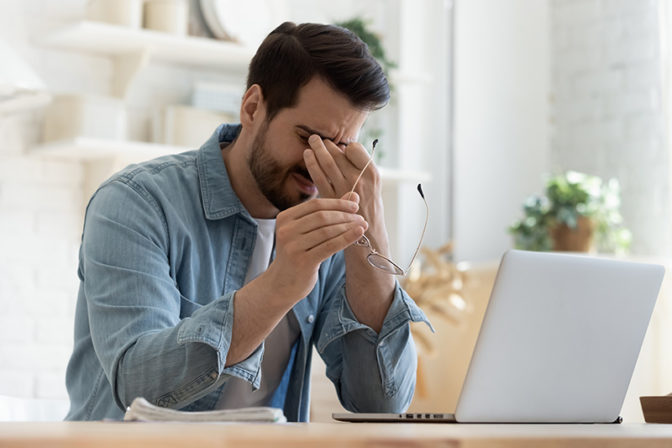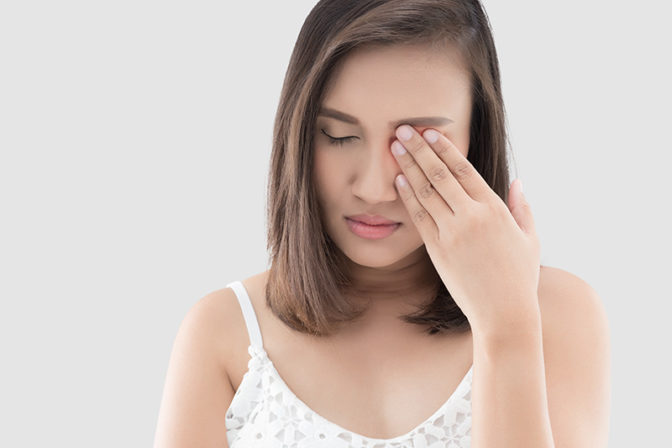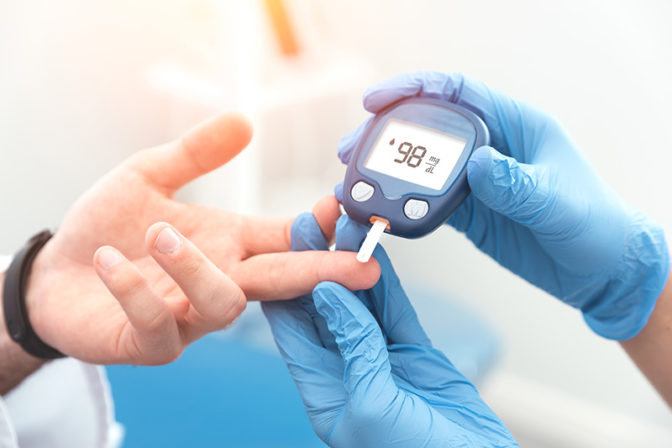Urinary Tract and other infections
A urinary tract infection, or a UTI, is an infection in the urinary tract, that includes the kidneys, bladder, ureters, and urethra.
Most urinary tract infections are bladder infections. A bladder infection generally is not serious if it is treated immediately. If left untreated, the bladder infection may spread to the kidneys. A kidney infection can be serious and can lead to permanent damage.
Types of Urinary Tract infections
An infection can occur in different parts of the urinary system. Each infection is different, based on its location.
- Cystitis (bladder): One may feel like the urge to urinate continually or may feel pain when passing urine. One might experience lower abdomen pain and have bloody or bloody urine.
- Pyelonephritis (kidneys): This may cause, chills, fever, nausea, vomiting, and pain in the side or the upper back
- Urethritis (urethra): This can lead to a discharge and burning when one urinates
Symptoms of UTI
- A burning feeling when one urinates
- An intense or frequent urge to pass urine
- Cloudy, dark, bloody, or strange-smelling urine
- Feeling shaky or tired
- Chills or fever (usually a sign that the infection has reached the kidneys)
- Pressure or pain in the back or lower abdomen
Causes of UTI
A bacteria known as E-coli causes most of the urinary tract infections. This bacteria is found in the large intestine. Bacteria from the large intestine can sometimes enter into the urethra and enter the bladder and cause the infection. If the infection is untreated, it will cause an infection in the kidneys. Women have shorter urethras as compared to men which makes it easier for bacteria to enter in their bladders.
In some cases, women may get UTIs due to their genes. Women who have diabetes may be at higher risk of developing UTIs because their immune systems are weak, which makes them to fight off infections with difficulty. Other conditions that can increase your chances of getting UTIs include multiple sclerosis, hormone, kidney stones, a stroke, and a spinal cord injury.
People of any age and gender can get a UTI. However, some people have a higher risk than the others. The following factors can increase the chances of developing a UTI:
- Diabetes
- Poor personal hygiene
- Problems emptying the bladder completely
- Having a urinary catheter
- Bowel incontinence
- blocked flow of urine
- Kidney stones
- some forms of contraception
- Pregnancy
- Menopause
- procedures involving the urinary tract
- Suppressed immune system
- immobility for an extended period
- Use of spermicides and tampons
- Excessive use of antibiotics, which can disturb the natural flora of the urinary tract and the bowel
There are a few measures that could be taken to minimize the risk of developing a UTI:
- Drink a lot of water and pass urine frequently.
- Avoid fluids such as caffeine and alcohol as it can irritate the bladder.
- After urination and bowel movements, one must wipe from front to back.
- Keep the genital area clean.
- Avoid using oils.
- Avoid tampons. Use sanitary pads or menstrual cups
- Avoid using scented products in the genital area.
- Wear loose-fitting clothing and cotton underwear to keep the area around the urethra dry. Avoid wearing tight jeans and nylon underwear; they can trap moisture which creates the perfect environment for bacteria growth.
Urinary tract infections (UTIs) can disturb an individual’s everyday routine, but there are many of ways to prevent a UTI from affecting your overall health. Along with following the treatment plan prescribed by our doctor, one can boost their emotional and physical wellbeing by making simple adjustments to one’s daily habits.
Physical
Even though drinking plenty of fluids is always essential for good health, it’s especially important when treating a UTI. By drinking water, the bacteria in the urinary tract clear out at a faster rate. Water is essential in transporting antibiotics to the urinary tract so that the medication can do its work and clean out the infection.
For optimal hydration, a standard recommendation is to drink at least eight to ten glasses of water per day.
Empty Your Bladder More Often
Drinking more water means one will feel a frequent urge to urinate. Though the pain of UTIs may tempt you to hold it in, it’s best to follow through on that urge. That’s because emptying your bladder helps your body eliminate the infection-causing bacteria, which may help in a quicker recovery.
Ease Pain with a Heating Pad
Heating pads help to soothe the discomfort of a UTI. Heating pads can help lessen bladder pressure or pain when used in the lower abdomen. One may also get relief by soaking in a warm bath.
Emotional
For most people, the discomfort and pain of UTIs can cause emotional stress or have a negative impact on their mood. One can practice mind-body techniques to help keep pain in control.
Social
UTIs is one of the most common types of infection.
Some statistics display that a woman’s risk of contracting at least one UTI in her life may be more than 50%.
It means there’s no shortage of people who understand the pain and frustration of UTIs, and they may offer you support in coping with your symptoms. Several online support groups can be an excellent resource for those struggling with reoccurring UTIs.

